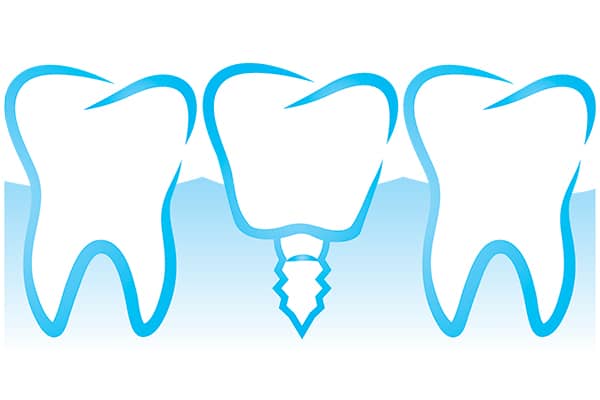TMJ disorder, or temporomandibular joint disorders, refers to a group of issues related to mobility and discomfort around the jaw joints. The temporomandibular joints are the joints that link the lower jawbone (mandible) to the skull. More than any other joint in the body, these flexible joints are constantly in use, performing actions such as talking, eating, swallowing, yawning, and other actions that need the jaw to open and shut.
Many individuals have jaw mobility issues and discomfort in and around the jaw joints at some point in their lives. These joint and muscle issues are intricate. As a result, determining the proper TMJ diagnosis and therapy may take some time.
Things to know about TMJ disorder
TMJ disorders affect the jaw and jaw joint, including facial muscles, shoulder, head, and neck. Common symptoms include joint discomfort, muscle soreness, migraines, joint noises, difficulty completely opening the mouth, and jaw locking.
TMJ disorder may cause chronic problems in specific individuals. Talking, eating, and swallowing may all be affected by chronic discomfort or difficulties moving the jaw. This may have an impact on a person’s overall well-being.
The causes of TMJ disorder
Muscle tension, which is often caused by stress, is the most prevalent cause of TMJ symptoms. When stressed, individuals may find themselves clenching or grinding their teeth subconsciously. These behaviors may wear down the jaw muscles, resulting in a vicious cycle of muscular spasms, tissue damage, discomfort, strained muscles, and more spasms.
TMJ disorder may begin due to an issue with the joint itself, such as damage to the joint or its surrounding tissues, issues with the joint’s shape, joint disorders like osteoarthritis and rheumatoid arthritis, or if the joint’s cushioning articular disc slips out of position.
Diagnosing TMJ disorder
Although there is no one-size-fits-all method for diagnosing TMJ, a dental professional may most likely confirm the problem with a physical exam and inquiries about the patient’s health history. An x-ray, CT scan, or MRI may be performed in certain instances to look for bone or soft tissue issues linked to TMJ symptoms.
Treatment for TMJ disorder
Symptoms of TMJ typically go away on their own. Mild jaw discomfort is frequently relieved by simple home therapy. There are certain things patients can do to alleviate discomfort temporarily, including resting the jaw and using medications to alleviate swelling and relax the muscles. Applying a cold pack or heat pad to the jaw can also help.
Physical therapy and practicing stress-reduction techniques may also assist in alleviating pain and temporomandibular joint issues. The dentist may suggest additional therapies if the pain is persistent or severe or caused by issues with the joint’s shape.
Splints, commonly known as bite plates, are a popular type of TMJ therapy. Splints are transparent plastic bits that fit between the upper and lower teeth and help minimize grinding and clenching. Splints are only worn for a limited period to avoid causing permanent alterations to the teeth or jaw.
The bottom line
Chronic pain from TMJ may cause anxiety and a variety of other issues. Contact our dental office today to schedule an appointment if you are struggling with TMJ disorder.
Request an appointment here: https://www.peakviewdentistry.com or call PeakView Dentistry at (303) 578-5800 for an appointment in our Boulder office.
Check out what others are saying about our dental services on Yelp: TMJ Dentist in Boulder, CO.




